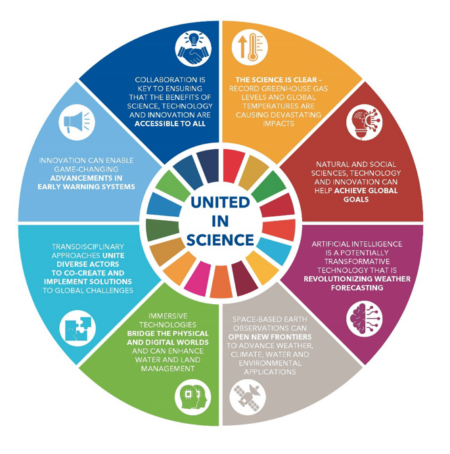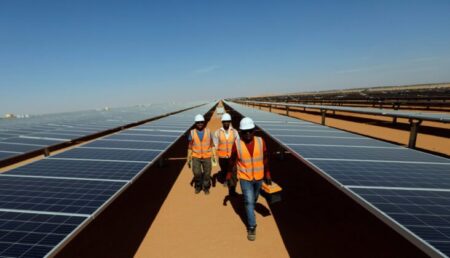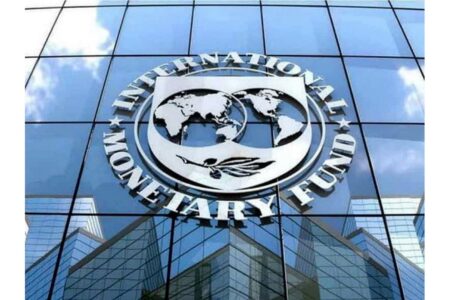Trending
- How transition finance can catalyse Africa’s green industrial revolution
- Stanbic PMI Report: Mixed performance as Kenya’s agriculture, construction offset manufacturing decline
- Uganda’s land management gets a tech makeover to boost transparency
- Nigeria’s output dips fastest in 19 months on a sharp rise in costs
- Apple faces growing backlash over Congo exploitation
- Why East Africa is staring at higher wheat prices in 2025
- Nairobi Gate SEZ pumps $7 million into Kenya’s agro-processing industry
- What impact will the US election have on Africa?









